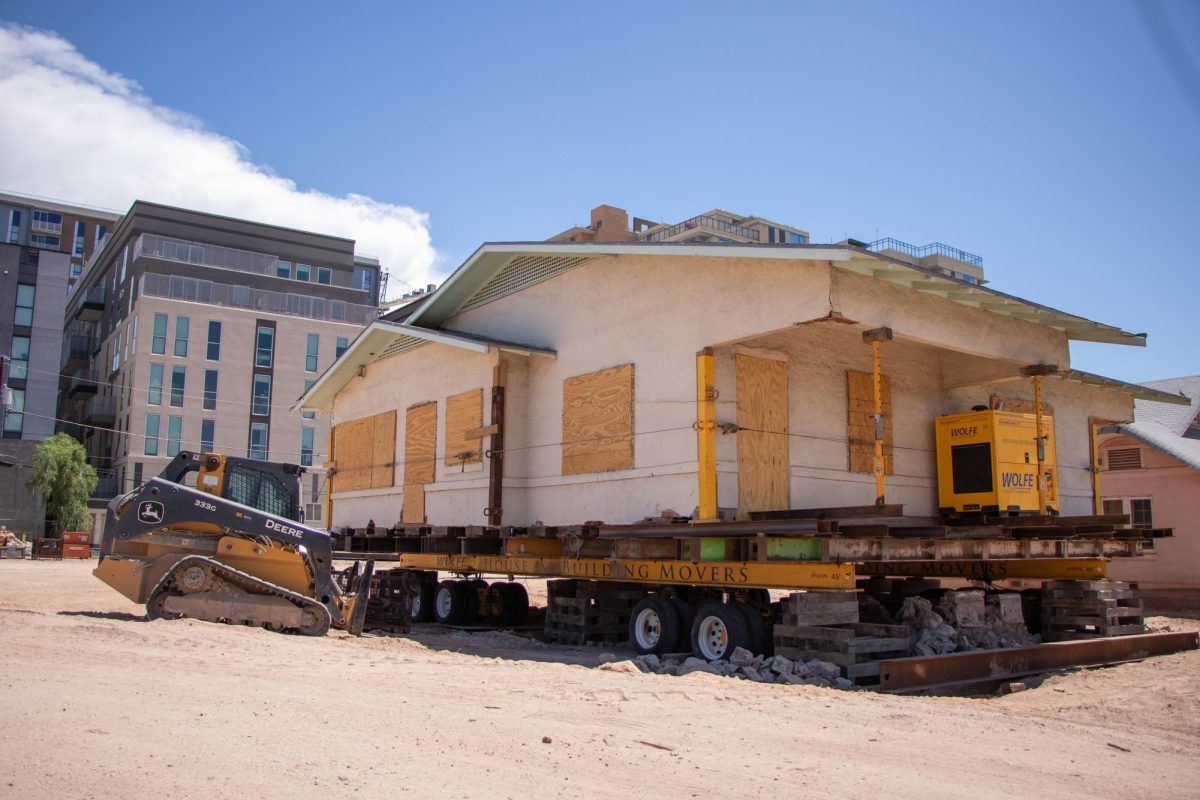
In my life, I’ve had to say goodbye to some very important people. I buried my father when I was 14 years old, and two weeks ago, I lost my grandmother.
Because of these circumstances, I often find myself wondering about where we go when we die. Is it beautiful? Is it painless?
Apparently, I can find the answers to my questions in “The Boy Who Came Back from Heaven,” written by Kevin and Alex Malarkey in 2010. It is a true story about Alex Malarkey, who, after a car accident left him in a coma for two months, traveled to Heaven and met God.
Just kidding; Alex Malarkey revealed this month that he did not die, and, as a result, did not go to Heaven.
The book has been pulled from Christian bookstores across America and will no longer be published — but what people are really worried about is that it now discredits any form of “heavenly tourism.”
What is heavenly tourism, you might ask? It’s basically using Heaven for profit. Can we sell the idea of Heaven? Absolutely, because people will always want to believe that it’s real and that if you’re good, that’s where you’ll end up.
Like Alex, others have also claimed to go to Heaven. Don Piper sold 4 million copies that detailed his 90 minutes in Heaven, while Colton Burpo sold 6 million copies of his travel diary.
I wonder how many people have actually gone to Heaven for a few minutes and not written a book or done an appearance on “The Dr. Oz Show.”
I looked on Expedia, KAYAK and a few other travel websites: You cannot purchase plane tickets to Heaven, nor do any companies offer tours in Heaven. I guess the rest of us are out of luck.
As much as we can laugh about how ridiculous these books may seem, it truly upsets me. I don’t understand how people could turn a profit on the grief of others. I spend time thinking and sincerely hoping that my father and my grandmother are young again, healthy and beautiful, doing the things that they loved every day while surrounded by loved ones who had died before them.
I believe that Alex Malarkey told the truth because he couldn’t live with the guilt of millions of people believing their departed were in a place he described from his imagination.
So, I think we should put aside all forms of heavenly tourism and let the unknown remain that way. Everyone should be able to have their own idea of the afterlife, and, hopefully, that will bring them comfort in times of distress.
_______________
Trey Ross is a journalism sophomore. Follow her on Twitter.








